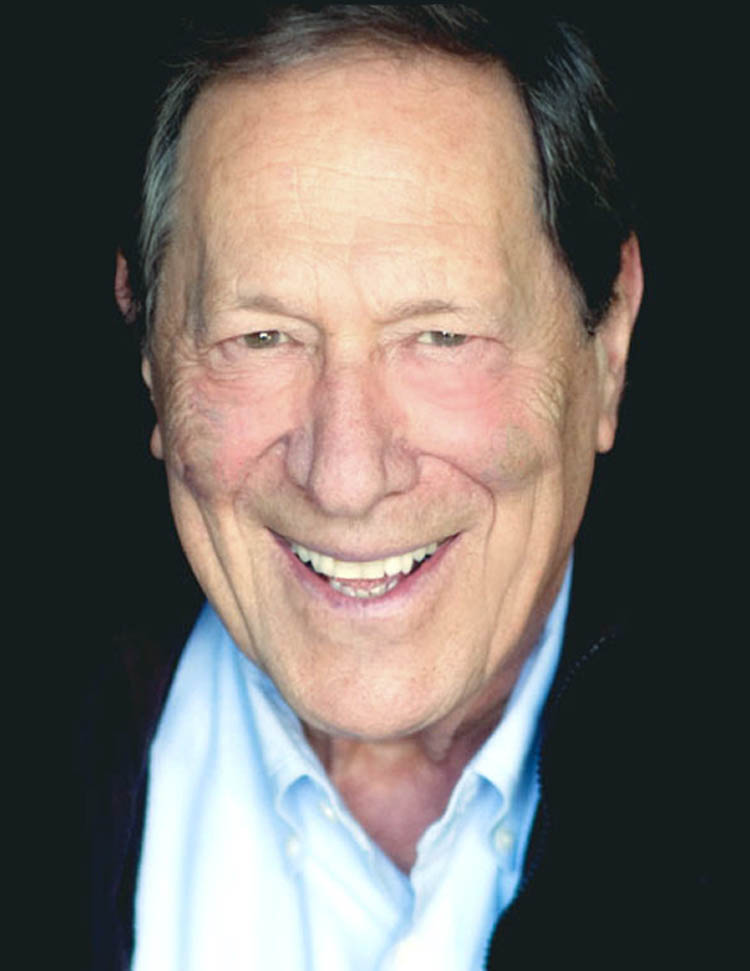<< Back
Leveraging Neuroscience to Address Counter-Productive Employee Behavior
Hosted by PIHRA West Los Angeles
At least 37% of employees experience or witness bullying (WBI US), and over 40% of women report being harassed at work (Quinnipiac). Too often managers -- and sometimes HR BPs -- respond to compulsive, negative behavior with threats, judgments, or avoidance. Such responses are usually ineffective and result in unnecessary tension, lost productivity, and avoidable exits. HR BPs are often tasked to coach for underperformance, addressing a wide array of self-destructive patterns like insensitivity (low-EQ), inhibition, self-censoring, and procrastination.
This is a presentation of specific skills HR BPs can use to better manage interventions aimed at curing unacceptable workplace behavior. It describes a real workplace situation—an intervention to help a high-performing employee, key to the company’s success, stop behavior seen as bullying and possibly misogynistic.
It presents a simple seven-step process aimed first at helping the employee deepen their motivation to improve their behavior, and for helping employee and supervisor to rapidly determine whether there is likelihood of improvement. It also demonstrates actions the motivated employee can then use to address the unacceptable behavior and become a successful employee.
This is a presentation of specific skills HR BPs can use to better manage interventions aimed at curing unacceptable workplace behavior. It describes a real workplace situation—an intervention to help a high-performing employee, key to the company’s success, stop behavior seen as bullying and possibly misogynistic.
It presents a simple seven-step process aimed first at helping the employee deepen their motivation to improve their behavior, and for helping employee and supervisor to rapidly determine whether there is likelihood of improvement. It also demonstrates actions the motivated employee can then use to address the unacceptable behavior and become a successful employee.
Credits
HRCI - HR (General):1.25, SHRM - PDC:1.0
Description
 |
Robert Goldmann, Business & Personal Coach & Mentor. Clarity and Performance Coaching Robert Goldmann has been CEO of several manufacturing and financial service companies. In his business coaching and mentoring practice (now in its 18th h year) he works with executives, business owners, and professionals. In addition, he is an experienced meditation instructor and has facilitated groups dealing with life-threatening illness and bereavement. This talk — and his book, Act from Choice — are derived from his studies in psychology, neurobiology, and organizational process, as well as a lifetime of business leadership and coaching experience. He has a BS in mechanical engineering from MIT, an MBA from Harvard and is a graduate of CoachU. He has spoken widely and leads workshops on self-management, business strategy, and mindfulness. |
 |
Steve McElfresh, Principal & Founder, HR Futures, Inc. Steve McElfresh is a Principal at, and the Founder of, HR Futures, Inc where he works with scaling organizations to address the people problems of growth. Recently, Steve was the SVP/People at Duo Security, driving growth and supporting their acquisition and integration with Cisco. He has been the CHRO at three other tech companies, two of which he took public. He was formerly the President/CEO of Saratoga Institute and taught at the Boston College School of Management. Steve has a PhD is from Boston College and a JD from Santa Clara University. He has led programs world-wide on People analytics, HR strategy, and scaling fast-growth organizations. |
_1583984148853.png)